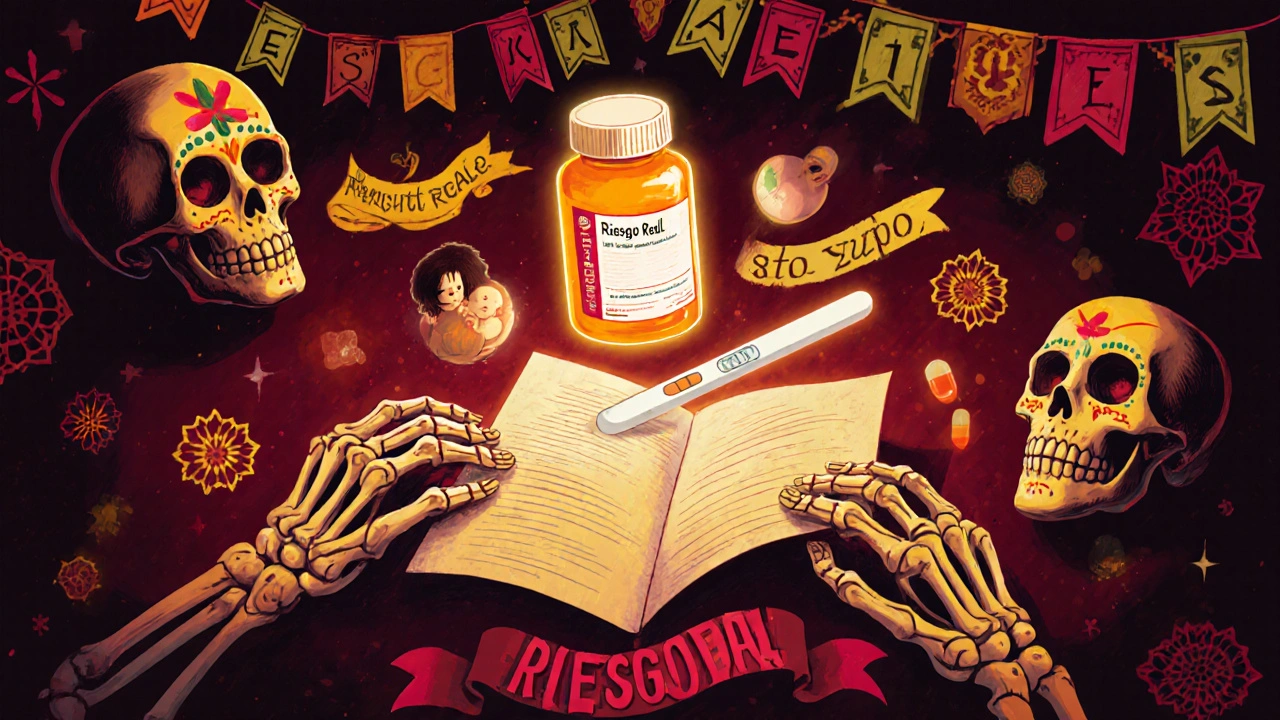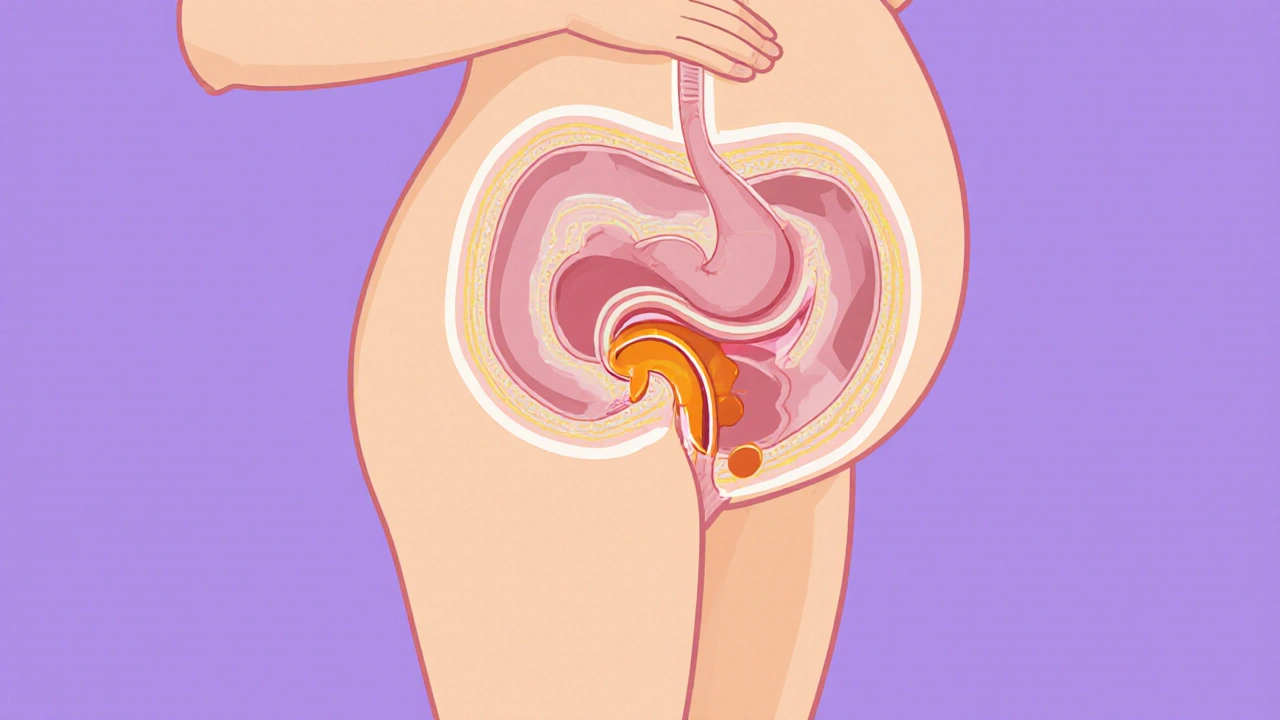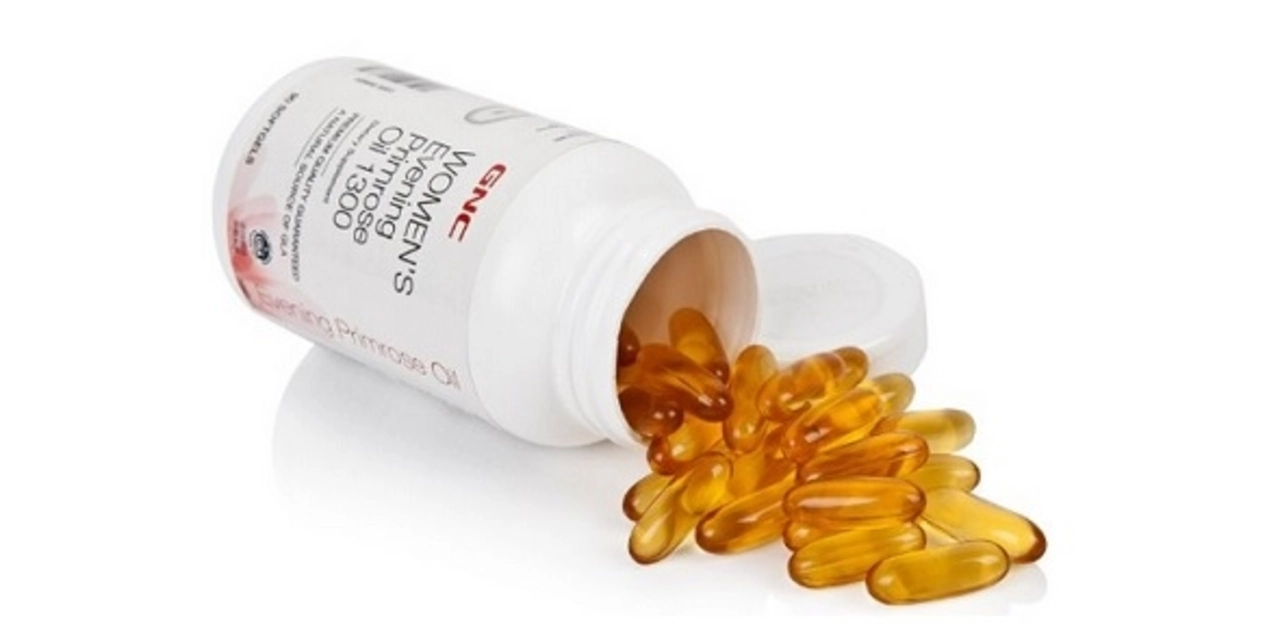Women's Health: Simple, practical ways to feel better every day
Want straightforward advice you can actually use? This page covers two common issues women ask about: managing menopause symptoms and dealing with vaginal irritation during sex. No fluff—just clear tips, safety notes, and when to see a clinician.
Menopause and supplements: evening primrose explained
Hot flashes, mood shifts, and sleep trouble are normal during menopause, but they don’t have to take over your life. Evening primrose oil (EPO) is a popular natural option because it contains gamma-linolenic acid (GLA), an omega-6 fatty acid that may help hormonal balance for some women.
What people actually do: many follow study-style doses in the 500–1,300 mg range per day. Some small trials report fewer hot flashes and milder mood swings, but results vary. Try it for a month or two and track changes—if nothing improves, stop.
Safety first: EPO can cause stomach upset, headache, or diarrhea. If you take blood thinners, have a bleeding disorder, or use seizure medication, check with your doctor before starting EPO. Also mention any supplement on your med list—supplements can interact with prescriptions.
Other low-effort steps that help: keep your bedroom cool, avoid spicy foods and alcohol before bed, try short daily walks for mood and sleep, and consider pelvic floor or breathing exercises for stress. If hot flashes or sleep loss are severe, a clinician can discuss hormone and non-hormone medical options.
Vaginal irritation and choosing the right lubricant
Vaginal dryness or soreness during sex is common and often fixable. Lubricants reduce friction, ease penetration, and lower the chance of small tears that lead to irritation.
Which type to pick: water-based lubricants are the most versatile and condom-safe. Silicone-based lubes last longer and feel slicker—great for longer sessions or if water-based dries too fast. Avoid oil-based products with latex condoms (they can break condoms) and with some sex toys. If you have sensitive skin, look for fragrance-free, preservative-free options and do a small patch test on your inner wrist first.
How to use it: apply a small amount to the vulva and condom or toy before penetration. Add more if you feel friction. If you get burning, stinging, or unusual discharge after sex, stop using the product and see a provider—lubricant won’t treat infections.
When to see a doctor: persistent itching, strong odor, unusual discharge, bleeding outside your period, or pain during daily activities needs a checkup. These can signal infections, skin conditions, or other issues that need treatment.
Short action plan: try lifestyle tweaks first, use a gentle lubricant if dryness or friction is the issue, test evening primrose cautiously if you want a natural menopause aid, and always check with your healthcare provider about interactions or ongoing problems.










